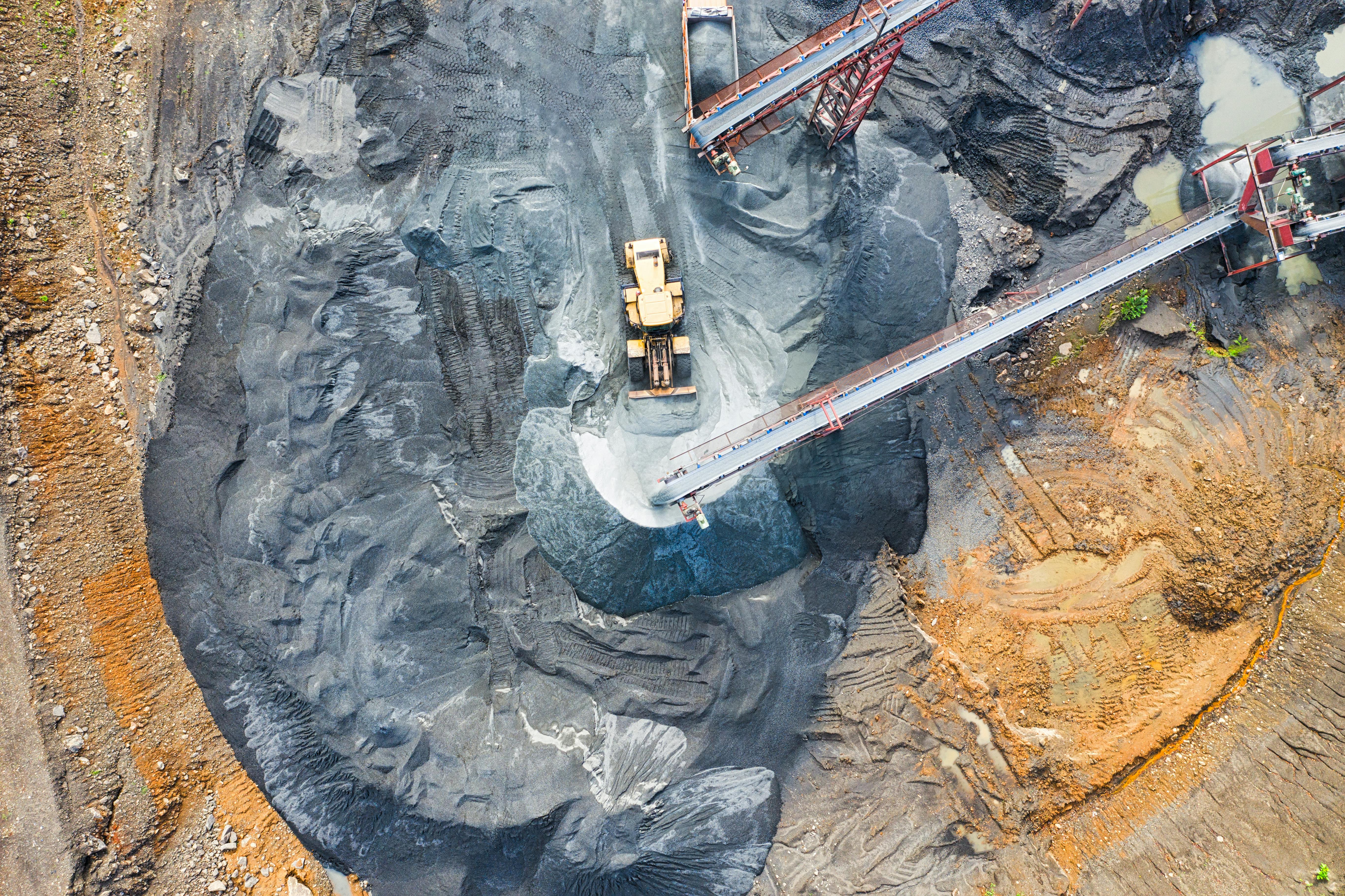The Nigerian Mining industry has not received much investment in the past. Notwithstanding its potential, Alake bemoaned on May 8 that Nigeria’s exploration budget, with only $2.5 million committed, is placed 12th in Africa by S&P Global Ratings, while Côte d’Ivoire’s budget is $147 million.
A lot of interesting initiatives never get past the feasibility or exploratory stage because it’s hard to get funding for project design and development. President Bola Tinubu’s administration believes it is rising to the occasion in response. It is preparing tax cuts and laws that will permit foreign companies to repatriate profits, which was a key point of contention during Muhammadu Buhari’s previous administration.

Providing tax incentives is one of Nigeria’s primary tactics. Among them are business tax holidays, lower import taxes on mining apparatus as well as tax exemptions. By offering these incentives, mining companies want to increase profitability and lessen the financial strain on its investors. Furthermore, in order to facilitate a more efficient investment process and minimise bureaucratic obstacles, the government has simplified the licensing and permission procedures.
The government has been making investments in energy and transport infrastructure to solve infrastructure-related issues. In mining districts, this entails constructing roads, railroads, and enhancing access to electricity. Nigeria becomes a more desirable location for investors when mining activities are more competitive and efficient due to improved infrastructure.
Furthermore, public-private partnerships (PPPs) in the mining industry have been extensively promoted by Nigeria. In order to plan and oversee mining projects, the government and private businesses work together in these partnerships. PPPs can make use of the resources and experience of all sides, quickening the project’s progress and lowering dangers.
The government has been trying to make mining regions more stable and secure in order to guarantee an environment that is favourable to investment. This entails bolstering law enforcement, resolving disputes with nearby people, and encouraging openness in mining activities. Attracting investors and promoting long-term development require a stable and secure environment.

